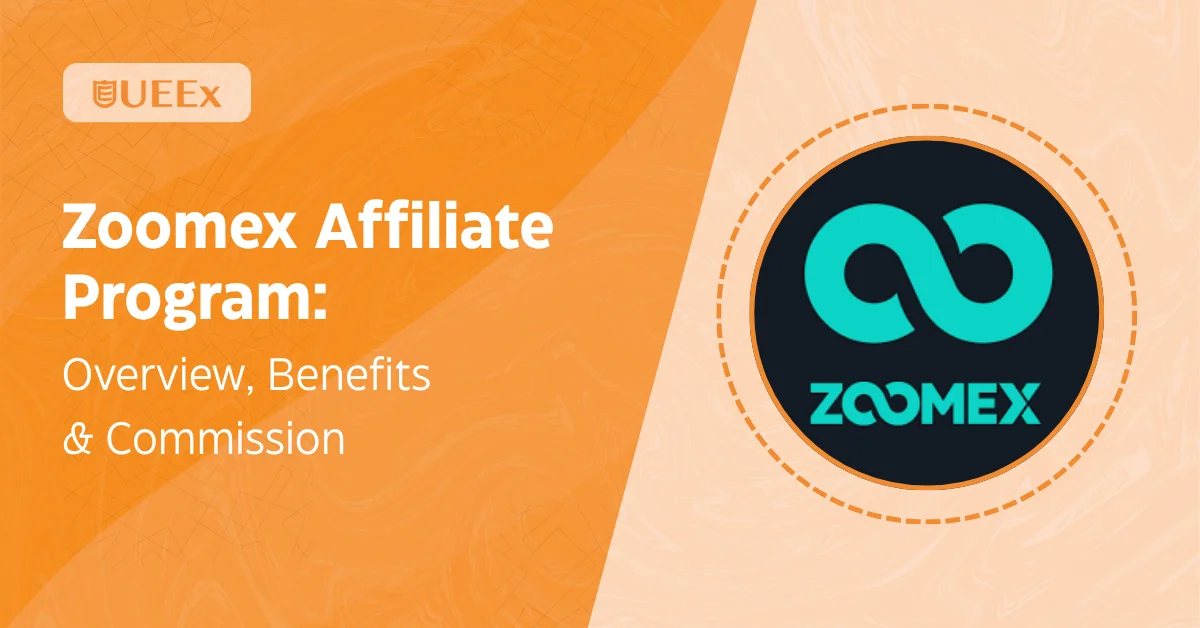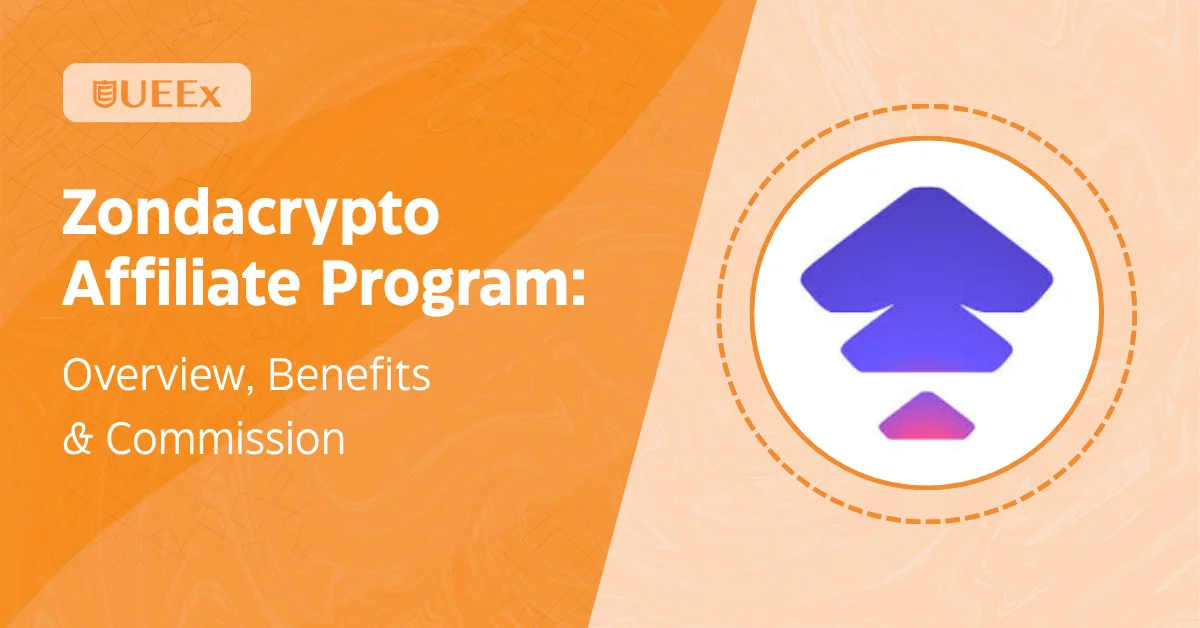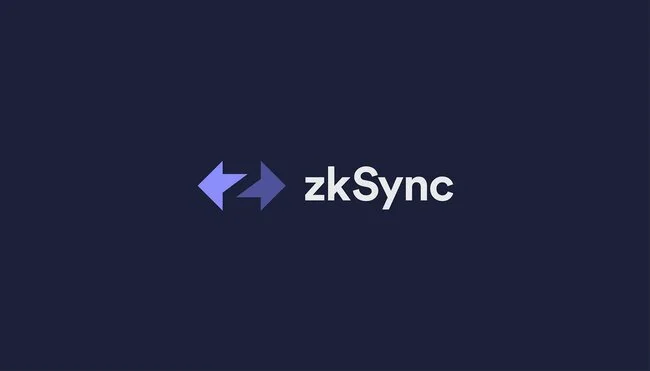Fred Ehrsam, co-founder of Coinbase, famously declared, “Everything will be tokenized and connected by a blockchain one day.” This bold statement captures the immense potential of blockchain technology, a system poised to reshape how we interact and transact across industries.
Blockchain is a secure, transparent way to record transactions on a network of computers. It brings major benefits like better efficiency, lower costs, and greater trust.
This article explores the core principles of blockchain technology, delves into its potential benefits, and highlights its significance for adoption in a wide range of sectors.
Key Takeaways
- Blockchain technology offers a secure, transparent, and immutable way to record transactions on a network of computers.
- Benefits of Blockchain adoption include enhanced security, increased efficiency, streamlined processes, and improved transparency and trust.
- Industries like Finance, Supply Chain Management, Healthcare, and Real Estate are already exploring and implementing blockchain solutions.
- Governments around the world are recognizing the potential of blockchain and are taking steps to promote or regulate its adoption.
- Challenges to mainstream adoption include scalability issues, environmental impact, privacy concerns, and interoperability between different blockchain platforms.
- Despite the challenges, blockchain technology holds immense promise for the future of digital transactions and data management.
How Does Blockchain Technology Work?
Blockchain technology operates as a decentralized digital ledger that records transactions across multiple computers in a way that ensures the security, transparency, and immutability of the data. Here’s a breakdown of how it works and its key components:
How Blockchain Works
Here’s the breakdown of its core functionalities:
- Transaction Initiation: A transaction is initiated by one party, intending to transfer digital assets or information to another.
- Block Creation: Once a transaction is initiated, it is verified by network participants, known as nodes, and then compiled into a block with other transactions.
- Block Verification: The new block is then sent to all nodes in the network. Using algorithms, the nodes validate the transaction and the block’s status.
- Chain Addition: Upon verification, the block is added to the existing blockchain, in chronological order. This addition is permanent and unalterable.
- Completion: The transaction is complete, and the update is reflected across all copies of the blockchain.
Key Components of a Blockchain System
Unlike traditional databases controlled by a single entity, a blockchain distributes information across a network of computers. This ingenious system offers several key advantages:
Decentralization
Unlike traditional ledgers or databases controlled by a central authority, a blockchain is distributed across a network of computers, each with a complete copy of the ledger. This eliminates a single point of failure and distributes power among all participants.
Transparency
Every participant in the network can view the transactions stored in the blockchain, ensuring transparency. While transaction details are open, the identities of the parties involved are protected through cryptographic techniques.
Immutability
Once a transaction is recorded in a block and added to the chain, it becomes virtually impossible to alter or delete.
This is achieved through cryptography, where each block is linked to the one before it using a unique mathematical fingerprint.
Tampering with a block would require altering all subsequent blocks, which is highly improbable on a secure blockchain network.
Popular blockchain platforms include:
- Bitcoin: The pioneer of blockchain technology, primarily used for secure digital currency transactions.
- Ethereum: A more versatile platform that allows not only for the creation of cryptocurrencies but also for the development of smart contracts, which are self-executing agreements that automate specific actions when predefined conditions are met.
Current State of Blockchain Adoption
Blockchain technology is on the rise, but it’s not quite mainstream yet. Let’s dive into its current adoption
Industries Adopting Blockchain
The adoption of blockchain technology has been making significant strides across various industries, each recognizing its potential to revolutionize traditional practices by enhancing efficiency, security, and transparency.
Finance
Perhaps the most evident adopter, the finance sector uses blockchain for payments and remittances, and as a means to increase the efficiency of back-office operations. Cryptocurrencies like Bitcoin and platforms enabling tokenization of assets are prime examples.
Supply Chain Management
Blockchain offers traceability and transparency in supply chains, allowing for the tracking of goods from production to delivery, thus ensuring authenticity and reducing fraud. Companies like Walmart and IBM are using it for food safety.
Healthcare
Patient records and health data management through blockchain can significantly enhance the privacy, security, and interoperability of medical records, making information exchange between entities more seamless and secure.
Real Estate
By enabling smart contracts, blockchain simplifies property transactions, reduces fraud, and increases transparency, making the buying and selling process more efficient and less cumbersome.
While specific numbers can quickly become outdated due to the rapid pace of technology adoption, it’s widely reported that blockchain adoption is experiencing substantial growth globally.
A survey by Deloitte in 2020 indicated that 39% of companies worldwide had incorporated some form of blockchain technology into their operations, and this figure has been on the rise.
Investments and venture capital funding in blockchain startups continue to grow, reflecting confidence in the technology’s potential. Also, a report suggests the market size could reach $20.55 billion by 2024, highlighting the ongoing expansion.
Benefits of Blockchain Technology Adoption
As the investments and venture capital funding in blockchain startups continue to grow, reflecting confidence in the technology’s potential, It brings a multitude of benefits across various sectors, fundamentally changing how transactions and data management are handled.
Enhanced Security and Data Integrity
Blockchain technology’s unique way of storing data across a network of computers rather than in a single location significantly enhances security.
Each transaction is encrypted and linked to the previous one, making the blockchain tamper-evident.
This intrinsic security feature ensures that once a transaction is recorded, it is nearly impossible to alter, offering unparalleled data integrity and protection against fraud and unauthorized activities.
Increased Efficiency and Cost Savings
By automating processes and reducing the need for manual interventions, blockchain can significantly increase operational efficiency.
Smart contracts, for example, execute automatically when predetermined conditions are met, eliminating delays and reducing the reliance on intermediaries.
This automation, combined with the elimination of redundant processes and the reduction of errors, leads to considerable cost savings for businesses.
Streamlined Processes and Reduced Intermediaries
Blockchain enables direct transactions between parties, thereby streamlining processes and significantly reducing or even eliminating the need for intermediaries.
This not only speeds up transactions but also lowers the costs associated with middlemen, such as fees for payment processing or record-keeping services.
In industries like real estate or supply chain management, this can transform operations, making them more straightforward and efficient.
Improved Transparency and Trust
Blockchain’s distributed ledger technology ensures that all network participants have access to the same information, which can be updated only through consensus.
This transparency fosters trust among participants, as each can verify the transactions independently.
In sectors where transparency is crucial, such as in the supply chain or public sector transactions, blockchain can provide a previously unattainable level of confidence in the integrity of the data being exchanged.
Industries and Use Cases for Blockchain Adoption
Continuation of listing industries adopting blockchain, we’ve already covered some key players, but here are more industries exploring the potential of blockchain:
Government
Imagine a system where citizen data is securely stored on a blockchain, streamlining processes like identity verification and social welfare programs.
Additionally, blockchain could revolutionize voting by creating transparent and auditable voting systems, reducing the risk of fraud and increasing trust in democratic processes.
Media and Entertainment
Copyright infringement has long plagued the creative industries. Blockchain’s secure and tamper-proof nature offers a promising solution.
Artists could leverage blockchain to protect their intellectual property, ensuring they receive appropriate royalties for their work.
It could also streamline content distribution by providing a secure and transparent platform for content creators to distribute their work directly to consumers.
Energy
The energy sector is ripe for disruption by blockchain. It can be used to track energy consumption more efficiently, facilitating the integration of renewable energy sources into the grid.
Additionally, blockchain could enable peer-to-peer energy trading, empowering individuals to buy and sell excess energy directly from each other.
Government Initiatives and Regulations
Governments around the world are starting to recognize the potential of blockchain technology and are taking steps to either promote or regulate its adoption. Here are the initiatives and regulations:
Government Efforts to Promote Blockchain Adoption
Governments are increasingly launching initiatives to support blockchain technology, ranging from financial grants for blockchain startups to creating innovation hubs and research centers dedicated to exploring blockchain’s potential.
These efforts are aimed at stimulating technological innovation, attracting talent, and positioning countries as leaders in the blockchain space.
Additionally, some governments are exploring the use of blockchain in public sector services to enhance transparency, efficiency, and trust in government operations.
Examples of Countries with Blockchain-Friendly Policies
Here are the examples of countries that have adopted blockchain technology:
Estonia
A pioneer in digital governance, Estonia has integrated blockchain technology into its e-residency program and public services, including healthcare, judicial, and legislative systems, showcasing the technology’s potential to secure data and streamline processes.
Estonia developed X-Road, its secure data exchange system, in 2001, demonstrating its long-standing commitment to digital innovation.
Since 2008, they’ve been at the forefront of blockchain adoption, implementing both public and permissioned blockchains across various sectors. This experience, coupled with their world-class technical skills, positions Estonia as a frontrunner in the emerging blockchain economy.
Singapore
Singapore’s pro-blockchain stance, characterized by supportive regulatory frameworks and initiatives like Project Ubin, which explores the use of blockchain for clearing and settlement of payments and securities, has established it as a blockchain hub in Asia.
Switzerland
Known for its “Crypto Valley” in Zug, Switzerland has become a hotspot for blockchain startups, supported by a favorable regulatory environment and a forward-thinking approach to cryptocurrency and blockchain technology.
The United Arab Emirates (UAE)
Aiming to become a global hub for blockchain innovation, the UAE has created special economic zones with regulations designed to attract blockchain businesses.
It launched the Emirates Blockchain Strategy 2021 and Dubai Blockchain Strategy.
These zones offer tax breaks and streamlined registration processes, creating an attractive environment for blockchain startups and established companies alike.
China
China is actively exploring blockchain technology across various sectors. They’re pushing innovation with the ambitious Blockchain Service Network (BSN). Launched in 2020, the BSN positions China as a leader in fostering a robust domestic blockchain ecosystem.
However, concerns linger. The BSN’s plan to leverage blockchain for real-name identity verification of its massive population raises privacy issues. While blockchain can enhance security, the potential for centralized control over personal data clashes with individual privacy rights.
Need for Regulatory Frameworks
While promoting innovation is important, governments also recognize the need for regulations to ensure responsible adoption. Here’s why:
- Consumer Protection: Blockchain technology is still evolving, and there are potential risks like fraud, hacking, and scams. Regulations can help protect consumers from these risks.
- Anti-Money Laundering (AML) and Know Your Customer (KYC): Blockchain can be used for anonymous transactions, which could be attractive to criminals. Regulations can help prevent money laundering and other illegal activities.
- Market Stability: Uncertain regulations can create an unstable environment for businesses. Clear and predictable regulations can foster a healthy and thriving blockchain ecosystem.
Challenges and Considerations for Adoption
While blockchain technology holds immense promise, there are still hurdles to overcome before it can achieve mainstream adoption. These challenges span technical limitations, environmental concerns, privacy issues, and the need for interoperability among diverse blockchain systems.
Scalability Issues and Transaction Speed
One of the primary technical challenges facing blockchain technology is scalability. Blockchains like Bitcoin can handle only a limited number of transactions per second, which pales in comparison to traditional payment systems like Visa.
This limitation can lead to slower transaction times and higher costs, especially during periods of high demand. Finding solutions to scale blockchain technology without compromising its decentralization and security is a key focus of ongoing research and development efforts.
Energy Consumption and Environmental Impact
The environmental impact of blockchain technology, particularly proof-of-work (PoW) blockchain networks, is a significant concern.
The mining process in PoW, which involves solving complex mathematical puzzles to validate transactions and create new blocks, requires substantial computational power and, consequently, a large amount of electricity.
This has led to criticisms regarding the carbon footprint of cryptocurrencies like Bitcoin. Transitioning to more energy-efficient consensus mechanisms, such as proof-of-stake (PoS), is being explored as a way to mitigate these environmental concerns.
Privacy and Data Protection Concerns
While blockchain offers enhanced security and transparency, it also raises privacy and data protection concerns.
The immutable nature of blockchain means that once data is added to the chain, it cannot be altered or deleted, which could conflict with privacy laws like the General Data Protection Regulation (GDPR) in the European Union, which includes the “right to be forgotten.”
Developing blockchain solutions that balance transparency with privacy protections is crucial for wider adoption, especially in sectors dealing with sensitive personal information.
Interoperability Between Different Blockchain Platforms
With the proliferation of blockchain platforms, interoperability has become a pressing issue.
The ability of different blockchain networks to communicate and share information seamlessly is critical for creating a cohesive ecosystem where digital assets and data can be easily transferred across platforms.
Efforts to enhance interoperability include the development of cross-chain protocols and blockchain bridges, but this remains an area requiring further innovation and standardization.
Conclusion
Blockchain technology is changing the game of how we handle digital transactions and data. It offers a bunch of benefits like better security, more efficiency, clear transparency, and stronger trust.
This tech is getting attention from all sorts of industries and governments, showing us new ways to do things.
While there are some hurdles to get over, the push to figure it all out is strong. Getting more into blockchain could make things run smoother in many areas and open doors to new ideas and growth.




